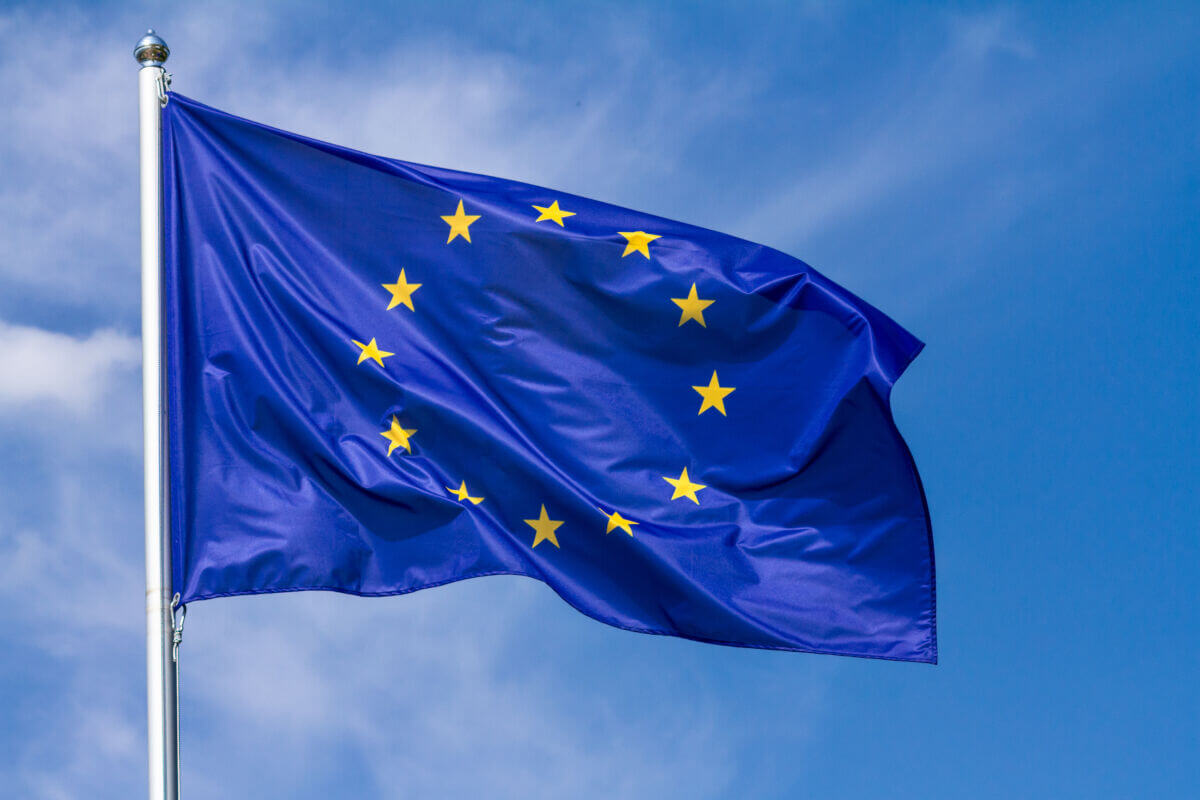Some revision of EU waste legislation
The EU legislator is working on the amendment of two important pieces of legislation on the management of waste:
- the Waste Shipment Regulation (hereafter: the “WSR“), and;
- the Waste Framework Directive (the “WFD“).
The WSR prescribes rules and procedures for the transboundary transport of waste. Its goal is to manage and dispose (hazardous) waste in a way that is environmentally sustainable.
Waste Shipment Regulation (WSR)
On 17 November 2021, the EU Commission published its proposal for revision of the WSR. This proposal has three main objectives, namely to (i) facilitate easier transport of waste within the EU, (ii) to stop exporting our waste challenges outside the EU, and (iii) to tackle illegal waste shipments.
1. To facilitate transport of waste within the EU
First of all, the proposal tries to facilitate the shipment of waste within the EU. It should become more easy to transport waste for reuse and recycling to support the transmission to a circular economy. The Commission aims to achieve this goal by:
- Better alignment of the rules on waste shipment with the waste hierarchy. In particular, stricter conditions will become applicable to incineration or landfilling as these are the least preferred options for the management of waste;
- Full digitalization of all procedures governing the shipment of waste within the EU;
- New rules supporting the use of the so-called ‘fast-track procedure’ for the shipment of waste destined for recovery; and
- More harmonized classification of waste shipped within the EU. By doing so, the Commission tries to help overcome the fragmentation of the EU market in which different interpretations and/or procedures apply when crossing borders.
2. To stop exporting our waste challenges outside the EU
The second goal of the proposal is to make sure that waste exported outside the EU is always sustainably managed. The following changes should serve this purpose:
- Restricting the export of waste to non-OECD countries that (i) have notified the EU of their willingness to receive waste, and (ii) can demonstrate capacity to treat waste sustainably. The EU will set up a list of countries that are authorised to import waste from the EU;
- Monitoring waste exports from the EU to OECD countries: in case of concerns that waste will lead to any environmental damage in a receiving country, the Commission will be authorised to ask for additional information or, if no guarantee can be given, (temporarily) suspend exports of waste;
- Require EU companies to conduct independent audits for their waste exports outside the EU; and
- Establish criteria to prevent waste from being illegally presented as used goods (to prevent it from being exported outside the OECD where it could create environmental and health damage).
3. To tackle illegal waste shipments
The third goal of the revision of the WSR is to better tackle the illegal shipment of waste as this is increasingly becoming a profitable business for criminals. The Commission is planning on taking the following measures:
Establish an EU waste shipment enforcement group to increase cooperation and coordination against illegal waste shipment;
- Empower the Commission to support transnational investigations by EU member states on waste trafficking; and
- Strengthen the rules on administrative penalties against illegal waste shipment. Common criteria for the determination of penalties would make them more deterrent and consistently applied within the EU.
The proposal is now with the European Parliament. Pernille Weiss, the Parliament’s rapporteur on this topic, has already published her draft report with changes. It is up to the Parliament’s Environment Committee and subsequently the EU Parliament’s plenary to vote on the amendments after which the Council of Member States will review the proposal including amendments.
The Waste Framework Directive (WFD)
On 25 January 2022, the Commission published its initiative to revise the WFD and asked stakeholders to provide their input. By amending the WFD, the Commission aims to improve the overall environmental outcome of waste management in line with the waste hierarchy and the implementation of the polluter pays principle. In particular, the initiative’s objectives are to (i) decrease waste generation, (ii) improve separate waste collection in order to achieve optimal recycling results (including by avoiding contamination of recyclable waste), and (iii) increase the amounts of waste (lubricant) oils collected and treated in line with the waste hierarchy.
Although the initiative is still in an early phase, the Commission has already shed light on the measures it considers to adopt. The following are mentioned in the proposal:
- Promote full implementation of the rules on waste prevention, preparation for re-use and recycling (e.g. through enhanced cooperation with member states and enforcement);
- Provide additional guidance on various topics such as how waste-prevention provisions need to be applied, how separate collection can improve waste re-use, preparation for re-use and recycling, and how to improve citizen participation in separate collection;
- Regulatory measures, such as:
- Introducing overall and/or product-specific prevention measures and targets on waste reduction;
- Minimum requirements for source segregation and separate collection of waste that facilitate the re-use, preparation for re-use and recycling of used items;
- Reinforce the polluter pays principle by expanding EPR (extended producer responsibility) schemes to other product categories, like textiles and oils, and to improve enforcement of ERP requirements, in particular for products sold online to customers in the EU;
- Set waste oil collection and regeneration targets.
As said, by adopting these measures the Commission expects to achieve an improved environmental outcome and better protection of human health. In addition, the initiative should reduce waste-management costs for citizens, businesses and municipalities, will simplify the existing provisions and will create more jobs within the industry.
Currently, a public consultation is open to give all relevant stakeholders the opportunity to express their views. This period will end on 16 August 2022. The adoption of the amendment by the Commission is scheduled for the 2nd quarter of 2023 after which it will be sent to the European Parliament and the Council of Member States.











